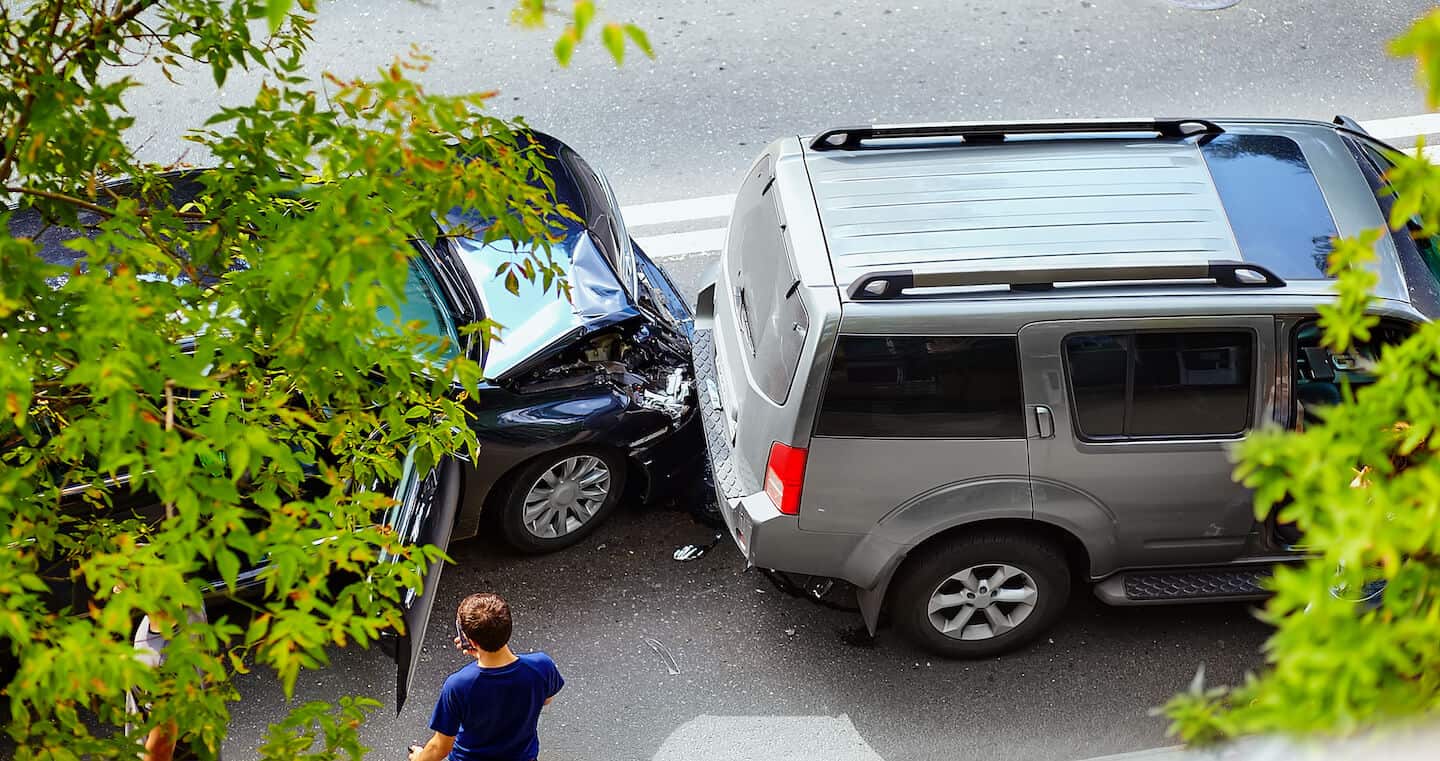What Happens After an Accident
It’s hard to know what to do after an accident. They happen suddenly, and the adrenaline and shock can make thinking clearly very difficult. And yet, in the moments right after a collision — when you may be facing severe injuries or thousands of dollars of property damage — you’ll face several serious questions and decisions you need to make.
You may be a driver in a two-car collision, a motorcyclist run off the road, a motorist rear-ended by a tractor-trailer, or a pedestrian struck by an automobile. But regardless, you’ll need to know what to do after a vehicle accident — if it’s not your fault or even if it is.
Here, we’ll go through some of the common problems you may face and outline what to do if you’re involved in an accident. Bookmark this page on your smartphone for quick reference in an emergency.
What should you do if you’re involved in an accident?
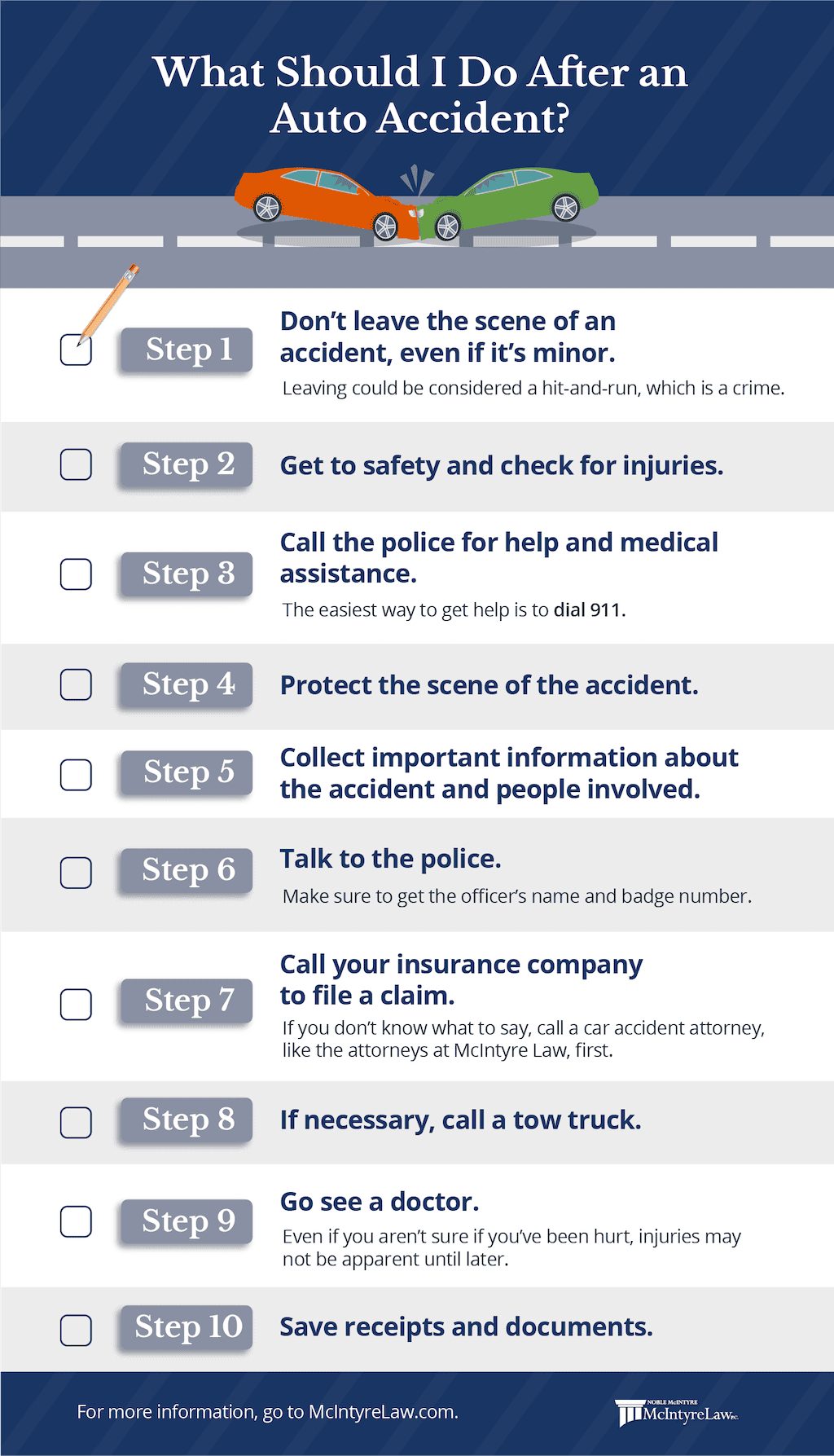
It can be hard to think clearly in the heat of the moment, so a checklist can be very helpful. Here are some general steps to take after a vehicle accident:
Download and print this checklist of what to do after a car accident and keep it in your glove compartment.
- Don’t leave the scene of an accident, even if it’s minor. If you don’t think anyone was hurt or there was that much damage, it’s still safer to stay. Leaving could be considered a hit-and-run, which is a crime.
- Get to safety and check for injuries. If your location puts you at risk of (further) injury, move to a safe place and check yourself, the other driver(s), passengers, and anyone else involved in the accident for injuries. If your vehicle is drivable and is blocking or posing a danger to traffic, move it to a safe spot nearby.
- Call the police for help and medical assistance. The easiest way to get help is to dial 911. The police dispatcher can then send an officer and any other emergency services to the accident scene.
- Protect the scene of the accident. As you wait for the police to arrive, put on hazard blinkers. If you have an emergency kit in your vehicle, set out flares or any other beacons to alert oncoming traffic to slow down. Do your best not to disturb any potential evidence before the police arrive.
- Collect important information about the accident and people involved. You’ll need to exchange names, contact information, and insurance information with the other driver(s) involved in the accident. You’ll also want to collect your own evidence and talk to witnesses. This is especially important when the police can’t show up to the accident scene.
- Talk to the police. If law enforcement is dispatched to your accident scene, talk to the responding officer and answer their questions. Make sure to get the officer’s name and badge number and ask how to get the police report when it’s available. If the police choose not to come, take the information you gathered and file your own report later.
- Call your insurance company to file a claim. Any delay in reporting an accident to your auto insurer could hurt your claim. Stick to the facts. Don’t make any admissions or accusations. If you don’t know what to say, call a car accident attorney first. If your vehicle needs to be towed, your insurer may require you to use a specific service as part of your policy.
- If necessary, call a tow truck. Before the wrecker comes, take everything you need from the vehicle. Get information from the driver, including costs and where your vehicle is going.
- Go see a doctor. Even if you don’t think you’ve been hurt, it’s a good idea to make sure. Injuries may not be apparent until later, and the sooner after the accident you can get documentation, the more likely you can get compensated for it by an insurer.
- Save receipts and documents. You’ll need proof of accident-related expenses and other developments to get full compensation from insurance.
What happens to vehicles after an accident?
What you would do after a minor accident is drive home after exchanging information and/or talking to the police, wait for the insurance adjuster to appraise the damage, and take your vehicle to the shop. If your automobile is undrivable, though, you’ll need to get it towed. And if it’s completely totaled, you may have to scramble to find new transportation.
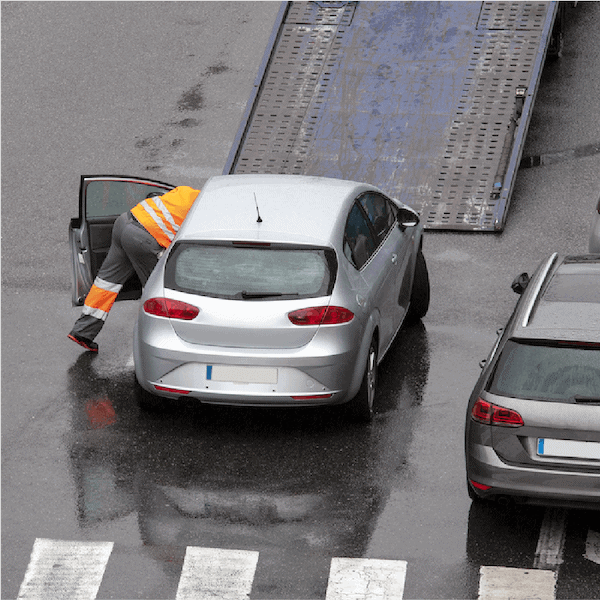
The vehicle gets towed
If you can’t drive your vehicle after a collision, you’ll need to call for a tow. And even if you think you can drive the vehicle, law enforcement may force you to tow your automobile as a matter of public safety. In that case, you’ll need to figure out where to tow the vehicle, how much it will cost to transport and store it, and who pays for your rental car and other related expenses after the accident.
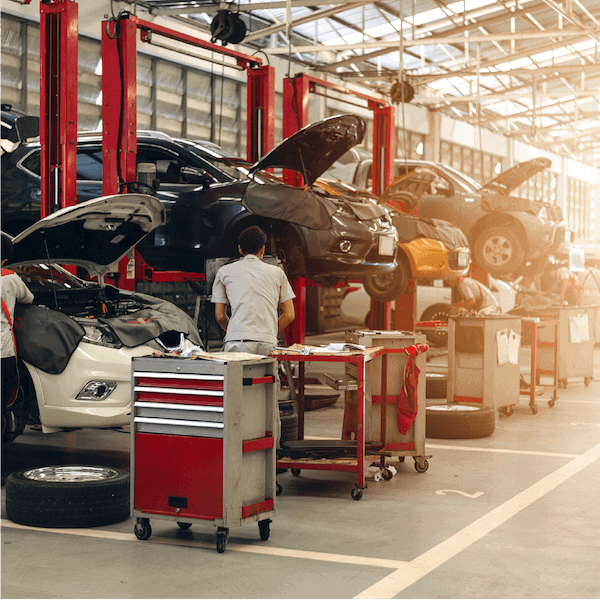
The vehicle has to be fixed
After health issues, dealing with how to get your car fixed after an accident can be one of the biggest headaches you’ll face. You’ll have to get and compare estimates and work with insurance to see what will be covered. If you have to wait until fault is determined, you may have to pay for repairs yourself and seek reimbursement afterward.
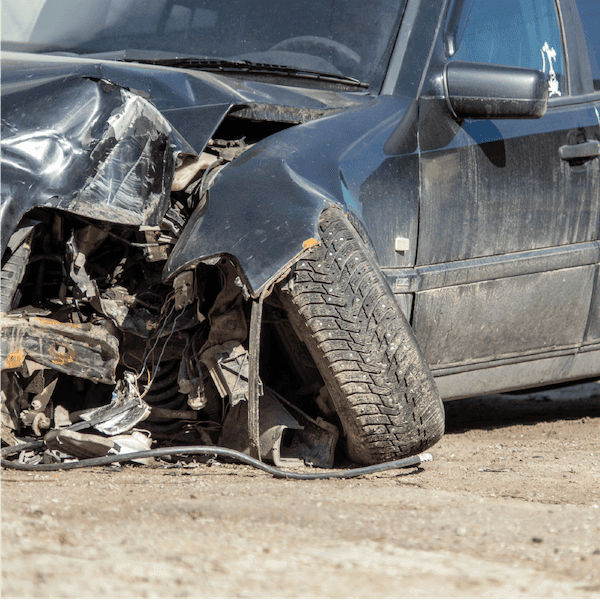
The vehicle is totaled
“Totaled” doesn’t just refer to vehicles that are destroyed beyond repair. It’s also a technical term for when a car’s damage is greater than a certain percentage of your vehicle’s value, as defined by the insurance company. This scenario leads to some difficult decisions about whether to scrap the vehicle and what happens when the car is totaled and you still owe money on it.
What factors come into play when determining fault in an accident?
In some states, like Oklahoma, the driver who is responsible for the traffic accident (and their insurer) must pay for the resulting damage and medical bills. Determining fault isn’t always easy, though. You may need to prove your case, which can depend on several factors and may require special steps to take after your vehicle accident.
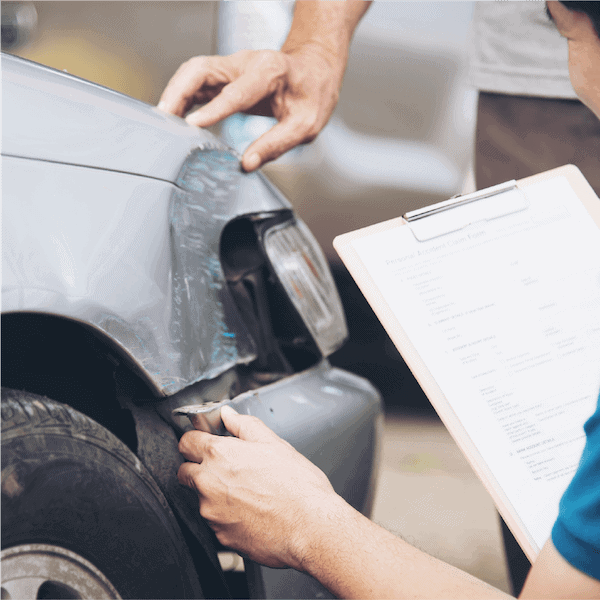
Your documentation of the accident
You may not think you need to write down the details of an accident if the police show up, but official reports aren’t always completely accurate and can be missing facts. That’s why it’s important to document as much of what happened as you can. And it’s even more important if the police don’t show up at the accident scene, which can be the case after a minor accident. Any little fact could be helpful in proving your case.
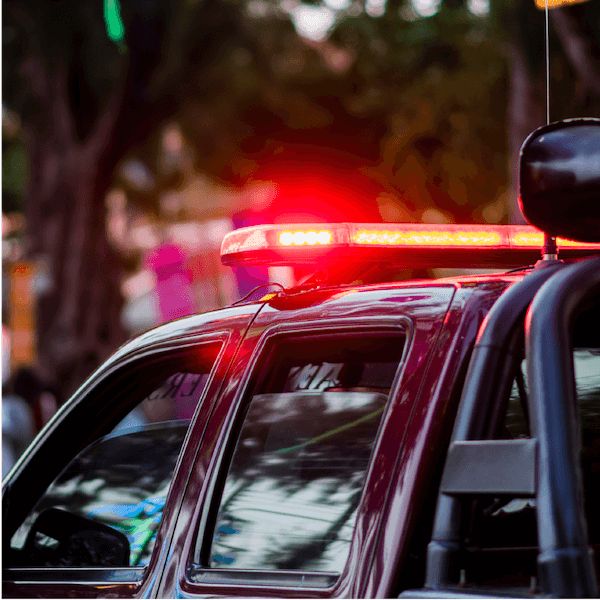
Police report
Insurance companies view input from law enforcement as unbiased, so they give it a lot of weight when determining fault. That’s why it’s important to know how to report a traffic accident to the police if an officer doesn’t come to the scene. Getting that document and making sure it’s accurate plays a big role in your claim. In fact, it’s one of the most important things to do after an accident that’s not your fault.
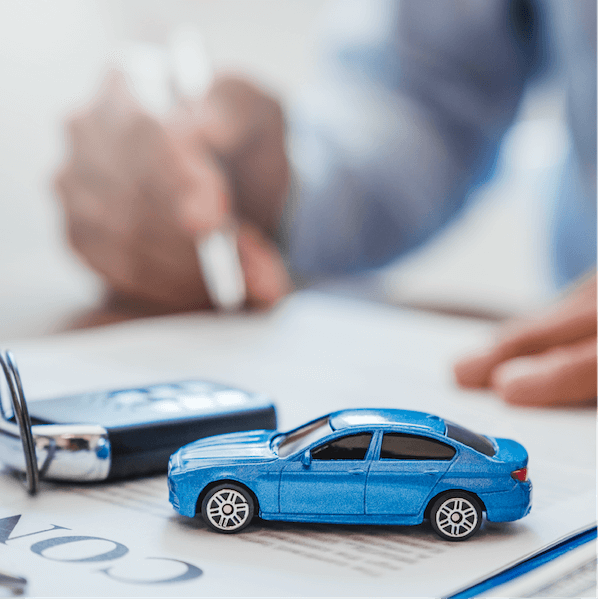
Insurance companies
In most cases, your claim will be processed smoothly and the insurer will work in good faith. But these organizations don’t profit by paying out large settlements, so you’ll need to know what to do if car insurance denies your claim. In those cases, it’s highly recommended that you get the help of an experienced traffic accident lawyer who can help you figure out what to do after an accident that’s not your fault.
What challenges will you face after an accident?
Automobile collisions can turn your life upside down. Some of the worst of what happens after a car accident can include loss of transportation, inability to work, and severe injuries that require extensive, costly treatment. Finding answers to difficult questions will be a big part of what you’ll need to do after your accident.
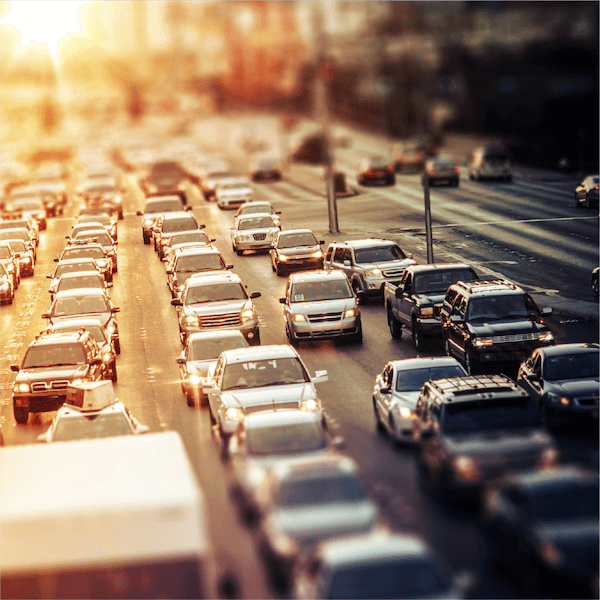
Loss of transportation to get to work and get your children to school
One of the most immediate challenges you’ll face after an accident is living your life without convenient transportation. How will you get your children to school after the accident? Or daycare? How will you get to work after your accident? And then there are all the trips to the supermarket or doctor’s appointments that you’ll need to make.
Renting a car may be the solution, but that can be costly, especially if you’re not working. Insurance may cover that and other accident-related transportation expenses, so researching your options and being vocal about your rights will be a key part of what you need to do if you’ve been involved in an accident.
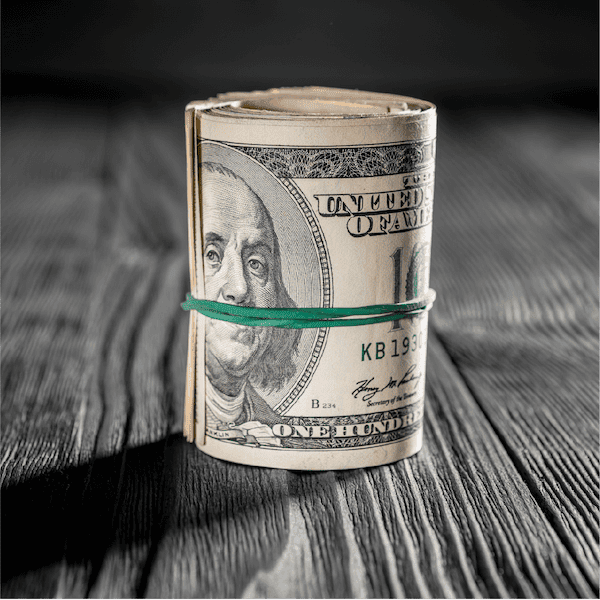
Missed work and lost wages
If your injuries from the accident were severe, it’s possible you’ll miss work. You may be unable to work for weeks or months, which could cost you your job. And you may never be able to work in the same way you did before the incident. If that happens, you may be able to file an insurance claim for loss of earnings after your accident. In these cases, you’ll definitely want a lawyer’s help to make sure you don’t shortchange yourself.
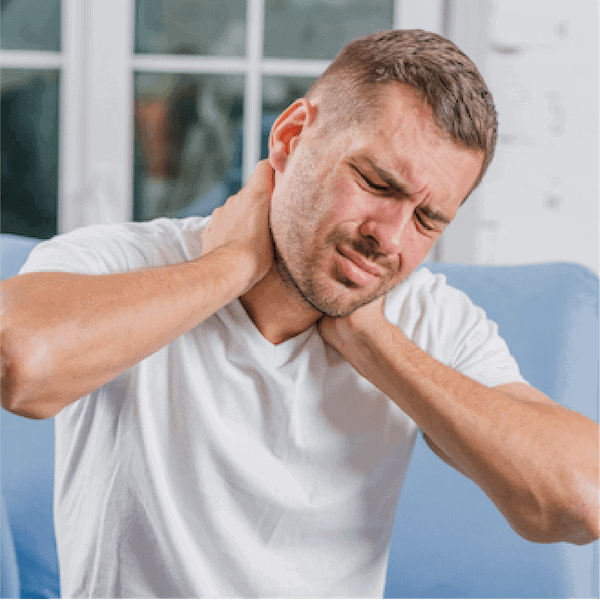
Ongoing pain and medical care
A wide range of injuries can result from traffic accidents, from minor to severe, and from immediate to delayed. Symptoms can be subtle and may not appear for days or even weeks. Additionally, you may have to deal with some accident-related health problems for years — maybe even the rest of your life.
To protect yourself, you’ll need to seek medical treatment as soon after the accident as possible and begin documenting your health problems. And getting the help of an attorney is also recommended so you’ll know how long after a car accident you can claim injury, along with other critical legal information.
Make sure you know your rights
There are so many important details to get right and big decisions to be made after a collision — and at a time when you may not be at your fittest and sharpest. Figuring out what to do after an accident about kitchen table issues, like missing work and getting your kids to school, is hard enough without adding insurance policy small print and legal technicalities.
With so much at stake, it makes sense to get the help of a lawyer who knows the ins and outs of traffic law and auto insurance. You need someone sticking up for your rights and working hard to get you the compensation you need. The experienced legal team at McIntyre Law will stand by you and fight for your ability to live in dignity and free of worry.
